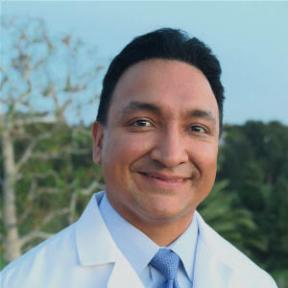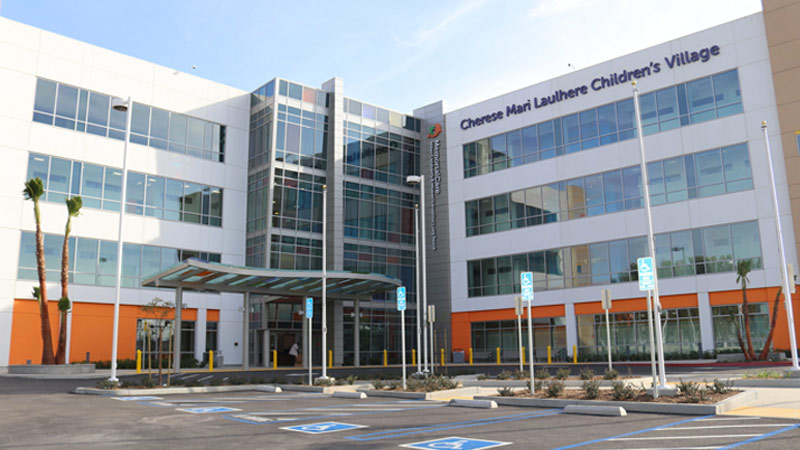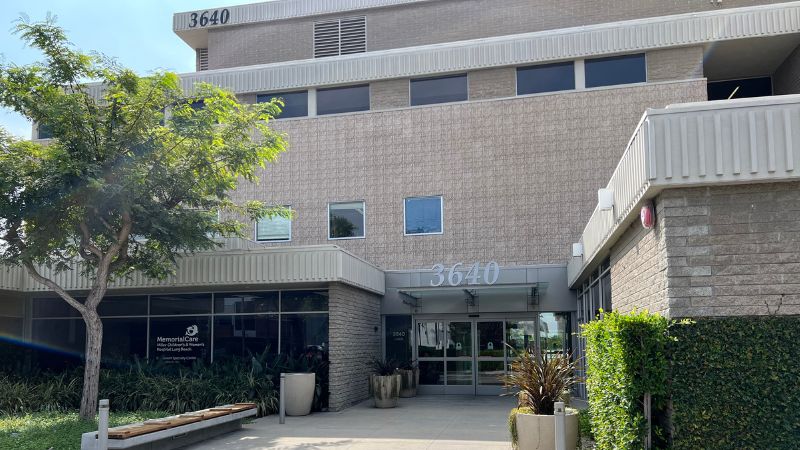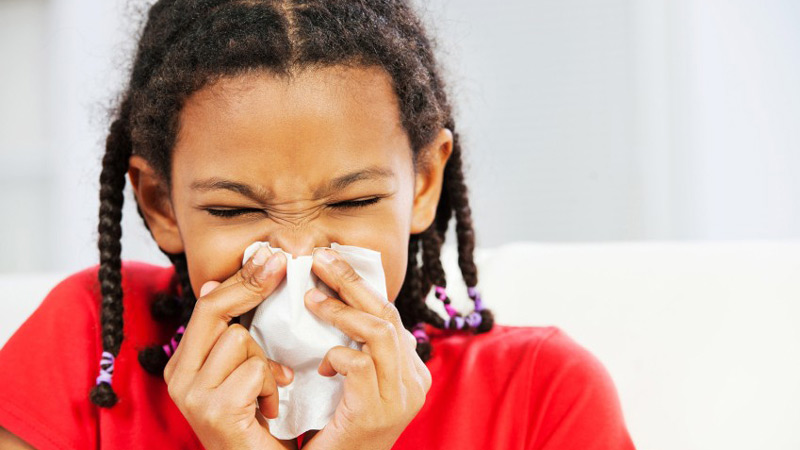While allergies can't be cured, a number of treatments can help relieve allergy symptoms and induce tolerance to the allergen.
Our pediatric allergists use allergy tests to identify allergens that may be causing the child's allergy symptoms. Our pediatric allergists can then decide what type of medications, if any, and treatments may be needed. By identifying these allergens, changes can be made in the child’s home and living space to potentially improve their health.
There are a few different types of allergy testing your physician may use:
Percutaneous Allergy Testing (Skin Prick Testing)
The most common type of skin test is the skin prick test, where tiny drops of purified allergen extracts are pricked or scratched into the child’s skin’s surface. This test is usually performed to identify environmental allergies and food allergies. The test is placed on the child’s back or arms and is read a short period of time later that same visit.
Intradermal Allergy Testing
Intradermal allergy testing is usually performed if the doctor suspects a child is allergic to insect venom or medication During this test, small amounts of purified allergen extracts or diluted medication are injected with a small needle syringe into the arm of the child’s skin. The result is read a short period of time later that same visit.
Patch Allergy Testing
This test is usually performed to identify substances that cause contact dermatitis. These include allergies to latex, medications, fragrances, preservatives, hair dyes, metals and resins. This test doesn't use needles. Instead, an allergen is applied to a patch, which is then placed on your child’s skin. The patch is left on for typically 48 hours and then removed to be read by their physician at that time, and again two days after removal.
Serum Allergy Testing (Blood Testing)
A serum allergy test may be done instead of, or in conjunction with skin testing. This test looks for specific antibodies to environmental allergies or foods.
Centers & Programs
Our Children's Pulmonary Institute has board-certified specialists in pulmonology, allergy and immunology who work together to treat and improve the quality of life for children and young adults with conditions involving the lungs and respiratory system, such as asthma, lung disease of premature infants, cystic fibrosis, allergies, sleep disorders and more.
Your Care Team
Physicians







